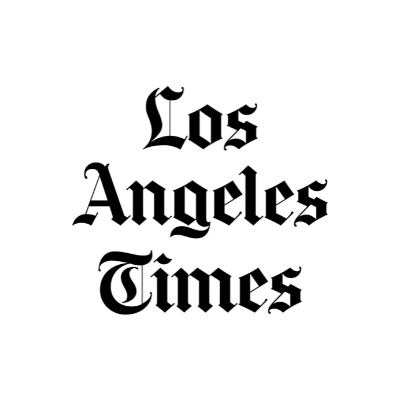 Los Angeles Times Article Rating
Los Angeles Times Article RatingOpinion: The Supreme Court's ultimate 'judicial activism': striking down affirmative action in college admissions
- Bias Rating
-4% Center
- Reliability
50% ReliableFair
- Policy Leaning
-2% Center
- Politician Portrayal
10% Negative
Continue For Free
Create your free account to see the in-depth bias analytics and more.
Continue
Continue
By creating an account, you agree to our Terms and Privacy Policy, and subscribe to email updates. Already a member: Log inBias Score Analysis
The A.I. bias rating includes policy and politician portrayal leanings based on the author’s tone found in the article using machine learning. Bias scores are on a scale of -100% to 100% with higher negative scores being more liberal and higher positive scores being more conservative, and 0% being neutral.
Sentiments
N/A
- Liberal
- Conservative
| Sentence | Sentiment | Bias |
|---|---|---|
Unlock this feature by upgrading to the Pro plan. | ||
Reliability Score Analysis
Policy Leaning Analysis
Politician Portrayal Analysis
Bias Meter
Extremely
Liberal
Very
Liberal
Moderately
Liberal
Somewhat Liberal
Center
Somewhat Conservative
Moderately
Conservative
Very
Conservative
Extremely
Conservative
-100%
Liberal
100%
Conservative

Contributing sentiments towards policy:
58% : The Congress that ratified it in 1868 also adopted race conscious programs, like the Freedman's Bureau that today undoubtedly would be considered affirmative action.56% : They joined the three conservative dissenters in the Fisher case -- John G. Roberts Jr., Clarence Thomas and Samuel Alito -- to overturn 45 years of precedents allowing affirmative action.
54% : Justice Sonia Sotomayor, in a powerful dissent, cuts straight to the status of race in this country and explains why the Supreme Court itself has affirmed over and over again that affirmative action is constitutional.
52% : The majority opinion, written by Chief Justice Roberts, said that the equal protection clause of the 14th Amendment outlaws affirmative action for public universities and that Title VI of the Civil Rights Act of 1964, which prohibits recipients of federal funds from discriminating based on race, prohibits it in private colleges.
50% : For decades, conservatives have railed against judicial activism, but Thursday's decision striking down affirmative action by colleges and universities in admissions was the height of conservative judicial activism.
43% : The experience of California -- where affirmative action was eliminated by Proposition 209 in 1996 -- shows that it still will be possible to have diversity in higher education, but it will take sustained effort and it will be difficult.
39% : But the UC system -- and state institutions in states like Michigan and Washington that also abolished affirmative action -- have found ways to achieve diversity through concerted efforts.
*Our bias meter rating uses data science including sentiment analysis, machine learning and our proprietary algorithm for determining biases in news articles. Bias scores are on a scale of -100% to 100% with higher negative scores being more liberal and higher positive scores being more conservative, and 0% being neutral. The rating is an independent analysis and is not affiliated nor sponsored by the news source or any other organization.





















